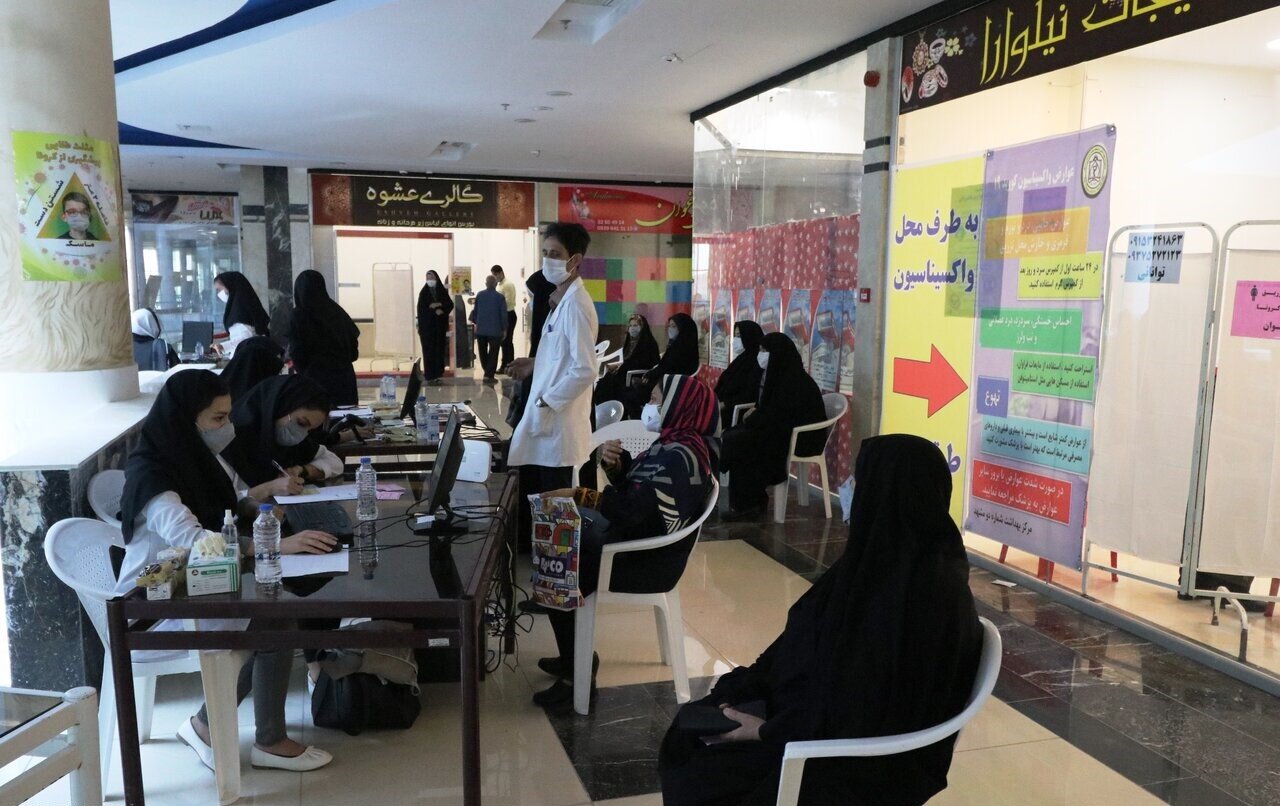INSUBCONTINENT EXCLUSIVE:
TEHRAN - About 120,000 refugees are benefiting from health insurance using international aid and about 50,000 are using internal resources
for insurance services.The health insurance helps to reduce medical expenses by supporting vulnerable refugees, ISNA quoted Jamshid
Shayanfar, an official with the Health Insurance Organization of Iran, as saying.The first cooperation agreement between the Health
Insurance Organization of Iran and the United Nations High Commissioner for Refugees was signed in October 2015.It was aimed to provide
access to universal basic health insurance including outpatient, inpatient, and temporary hospitalization services for refugees in the
country.All refugees, including those suffering from special diseases (hemophilia, thalassemia, dialysis patients, kidney transplant, MS)
and also hard-to-treat diseases, benefited from the insurance services, Shayanfar said.For over four decades, Iran has been hosting one of
the largest and most protracted refugee situations in the world and has provided asylum to refugees, mostly from Afghanistan.The recent
fast-paced turn of events in Afghanistan has the potential to create additional population movements; internally displacing families and
potentially driving them to neighboring countries to seek refuge.Iran is home to over 800,000 registered refugees and some 2.6 million
Today, more than 500,000 Afghan children- including undocumented Afghans and those who have newly arrived in Iran following the
Iranian ambassador to Afghanistan, Hassan Kazemi Qomi, urged the United Nations to help Iran provide better support for Afghan refugees.He
called for the UN to benefit from all of Iran's capacities to help the people of Afghanistan and increase regional cooperation in solving
the economic, social, and educational problems of Afghan people and refugees.He made the remarks in a meeting at the place of the embassy in
in Charge, Inna Gladkova, said in November 2022 that despite the sanctions and economic pressures, Iran continues its comprehensive policy
of providing services to refugees, and this is appreciable.The best solution and the most stable support system for refugees are access to
schools and education just like Iranian nationals, she stated, IRNA reported.Iran has taken effective and continuous measures to include all
refugees, and the UNHCR also declares its readiness to fulfill its obligations, she noted.In the provision of educational services, there
are different aspects, she said, adding, school construction, equipping schools, providing teachers and human resources, and providing
quality educational services are the main and important work done by the Ministry of Education.On December 22, 2022, a plan to complete the
vaccination and screening of foreign nationals living in Iran was piloted on Kish Island for three months.Giving the polio vaccine to
children under 15 years old, injecting measles and rubella vaccines in children aged 9 months to 15 years, screening for tuberculosis in
people aged 12 and above, and providing vitamin A supplements to children under 5 years old are some parts of the plan.In May 2022, it was
announced that all foreign immigrants and refugees under the age of five would be vaccinated against polio and measles
Children under the age of five and foreign immigrants will be inoculated through door-to-door visits in high-risk areas across the
country.The measles vaccination program in Iran started in 1984 when 34 percent of the population was vaccinated in the first year and 90 to
95 percent of the population after 6 years

